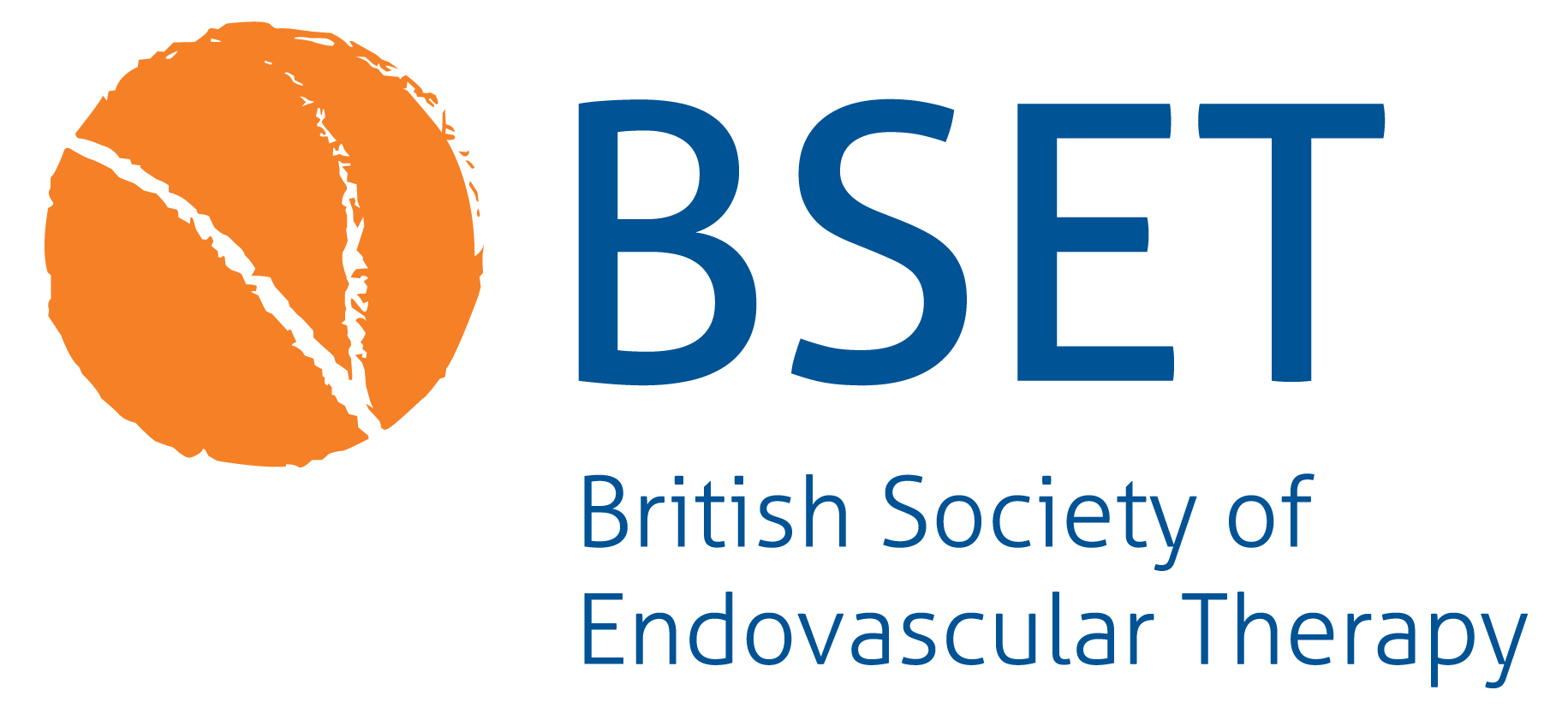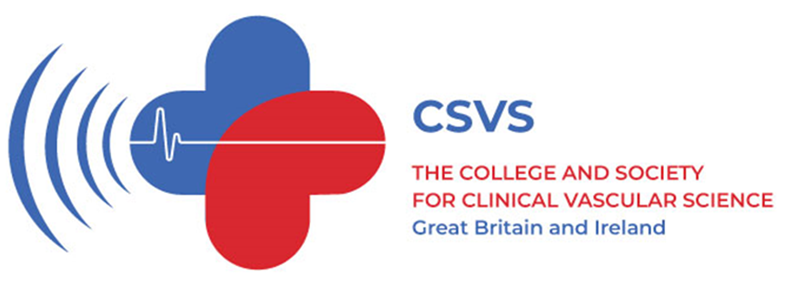vascular surgery
Rare vascular complication of total hip arthroplasty: common femoral artery perforation diagnosed two months postoperatively
Abstract Background: Vascular injuries complicating total hip arthroplasty (THA) are uncommon, with reported incidences between 0.2% and 0.42%. When they occur, they can threaten both the patient’s life and functional prognosis of the limb. Case report: We describe a 38-year-old woman with tuberculous coxitis who underwent THA. Two months later she presented with acute back…
Read MoreValidation of the Clinical Frailty Scale in vascular surgery: a protocol
Introduction As life expectancy increases, so does the prevalence of older patients and age-related health conditions. Frailty is one such condition which has become increasingly recognised as a clinical syndrome, distinct from chronological age, disability and comorbidity.1–3 A complex, dynamic and multifactorial syndrome, frailty may be theoretically defined as ‘a state of increased vulnerability, resulting…
Read MoreThe Vascular Society of Great Britain and Ireland and Rouleaux Club membership survey on the role of Physician Associates in vascular surgery
Background Physicians Associates (PAs) were first introduced in the UK in 2003. They work under the supervision of doctors and undertake day-to-day tasks in general practice and hospital settings. They undertake a two-year postgraduate degree which focuses on the general aspects of adult medical care.1 PAs are not part of the medical or nursing staff…
Read MoreHow do vascular surgery trainees optimise simulation-based learning? A qualitative study
Introduction Vascular surgery has significantly evolved since the turn of the 20th century with a much wider repertoire of increasingly complex procedures expected of the modern surgeon, thus leading to increasing specialisation. Traditionally, vascular surgery was a sub-speciality within general surgery but it has now evolved into its own distinct speciality. In tandem, operative exposure…
Read MoreSafety and efficacy of tranexamic acid in major non-cardiac vascular surgery: a systematic review and meta-analysis
Introduction Tranexamic acid (TXA) is a synthetic lysine analogue that inhibits the conversion of plasminogen to plasmin, thereby inhibiting fibrinolysis.1 Large pragmatic randomised controlled trials (RCTs) have demonstrated that TXA is associated with a reduction in mortality in patients with major traumatic haemorrhage,2 postpartum haemorrhage3 and mild to moderate traumatic brain injury4; reduced transfusion requirements…
Read More










